Both CBD oil products and LDN have prompted many questions at our pharmacy and we are happy to share experiences and feedback with you. We will provide accurate information regarding the potential benefits of LDN and CBD oil from the experiences of our own patients, as well as to provide a forum to connect with others dealing with the difficulties of autoimmune and chronic pain disorders.
As you drive around town you will probably see signs advertising CBD Oil everywhere. From gas stations to video stores, how are you supposed to know if CBD oil is right for you? How are you supposed to separate the low quality brands from the reputable? Your Medicine Center Pharmacist is the most accessible health care professional to answer your questions.
What is CBD?
CBD is the abbreviation for cannabidiol. It is one of over 100 cannabinoids that are found in the hemp plant. You will not get “high” from CBD Oil as there is no more than 0.3% THC present.
What is the difference between industrial hemp and marijuana?
Hemp and marijuana are the same plant, cannabis sativa. The difference is that hemp is cultivated for significantly lower amounts of THC (tetrahydrocannabinol), less than 0.3% by dry weight. Industrial hemp also has more fibrous stalk and grows taller than marijuana which tends to grow bushy. Marijuana is cultivated to contain much higher percentages, often as high as 10-12% of THC, for psychoactive purposes.
What Kind of CBD Oil Should I Use?
CBD oil products available in the marketplace today can vary in a variety of strengths, ingredients, and dosage forms. CBD oil is available in both oral and topical forms. Oral forms include tinctures and capsules. Topical lotions, salves, lip balms, and massage oils can be applied directly to areas of concern on the skin. The form of CBD Oil you choose would depend on the intended use.
Is CBD Regulated in the USA?
While CBD is not currently regulated by the FDA there are many reputable companies that are setting standards to assure a quality product by testing purity, potency, and safety. The best products are full spectrum, Colorado grown, organic, gluten free, Non-GMO, vegan, cruelty free, highly bioavailable, and undergo independent laboratory testing. The most reputable companies control the process from “seed to sale” meaning that they control the entire chain of command process of planting, growing, harvesting, extracting, and botting. Look for documentation on product packaging for production tracking of testing and certificates of analysis.
Why Do Prices of CBD Vary So Much?
Be wary of lower quality vendors selling cheap CBD products sourcing hemp raw material from China, where growing standards are questionable. These products are often only isolates of CBD and not full spectrum and will not have certificates of analysis available. Higher quality products that have had independent testing and chain of custody documentation will command a higher price, but also have the potential to provide a better therapeutic outcome due to the integrity of the product.
Why Full Spectrum CBD Oil?
Utilizing over 100 of the active ingredients from the hemp plant, the entourage effect is a proposed mechanism by which CBD compounds act together to modulate the receptors in the endocannabinoid system.
Hemp has both terpenes and cannabinoids and plays a role in the expression and flavor of the product. Terpenes can be damaged in extraction if you are not careful.
Will CBD Oil Interact With My Prescription Medication?
Cannabidiol is metabolized in the liver by the P450 system and it is possible that CBD Oil could interact with prescription medication metabolism and as a result alter the intended outcome in the body.
How Does CBD Work?
When you ask a pharmacist this type of question you get a technical answer, so here is the technical answer:
The main actions of CBD are centrally; acting on the Endocannabinoid system -specifically the CB1 and CB2 receptors.
• Activates TRPV-1, modulating body temperature, the perception of pain and inflammation.
• Activates Adenosine receptors, promoting anti-anxiety and dopamine/glutamate release.
• Inhibits FAAH (fatty acid amide hydrolase) enzymes, leading to the modulation of the endogenous CB1 receptor.
The simple answer is that this seems to help reduce peripheral pain and inflammation.
Very few licensed drugs act on these receptor groups directly.
• Rather than getting you high, CBD actively blocks the neurological effects of THC (the component removed from all CBD products).
Will CBD Affect My Job or Cognitive Ability?
• CBD has no measurable effect at all on reaction time and can be safely taken when used in our commercially available formulations in recommended doses. It can be taken safely when driving and operating machinery.
• It is possible that you could test positive in a drug screen if you use CBD Oil products for a long enough period of time or in higher doses.
What Medical Conditions Are Patients Treating?
Please consult a health care professional when treating any disease/condition. We are seeing CBD Oil products provide support for the following common conditions:
Anxiety
Chronic Pain
Eczema
Migraines
Muscle Pain
Neuropathy
Psoriasis
Sleep Disorders
Have you used CBD Oil and benefited from the therapy? Please share your experiences below so we can all learn together.
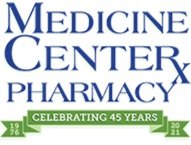










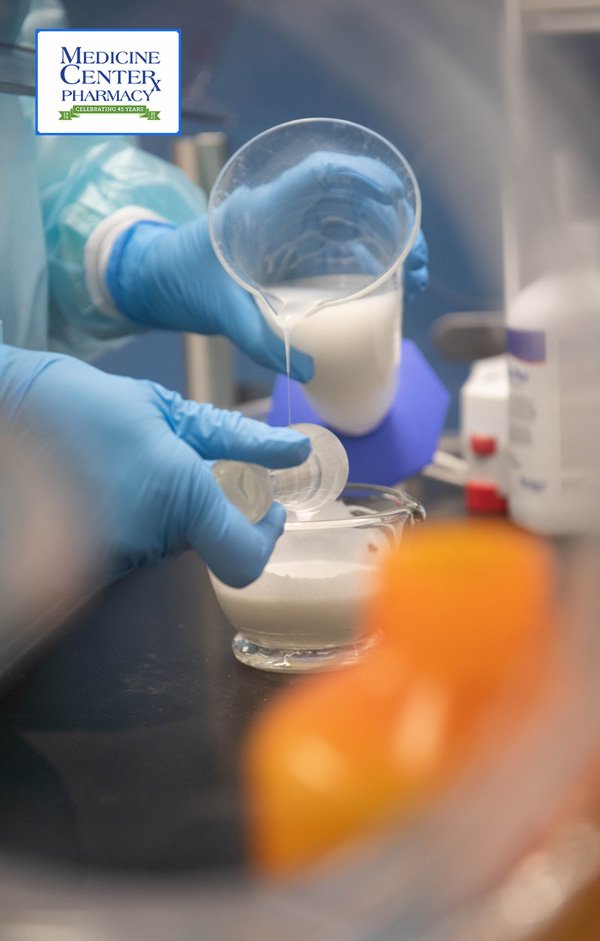




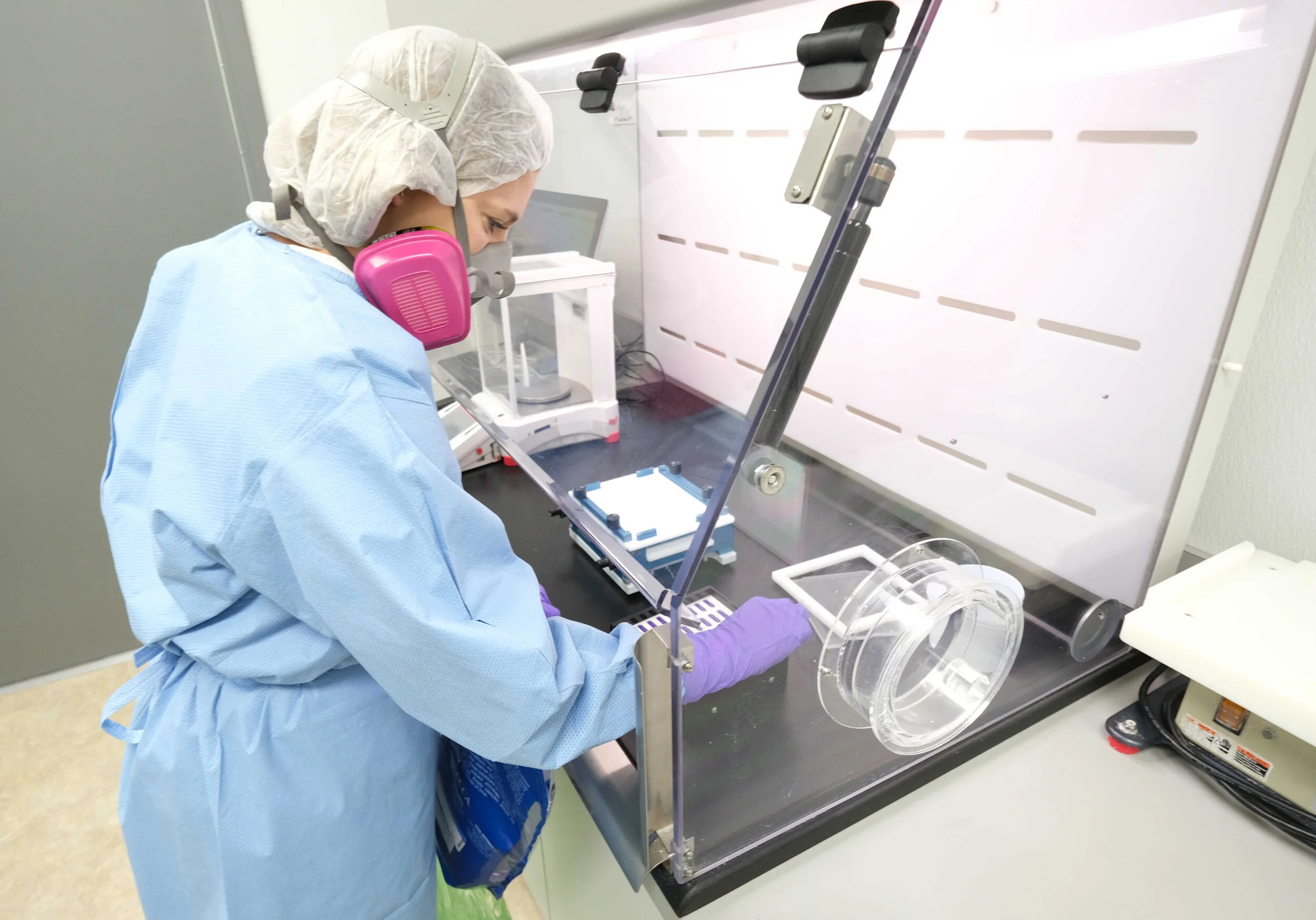










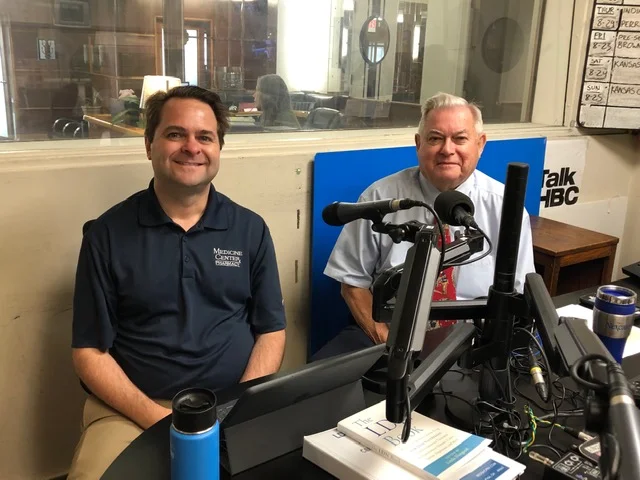







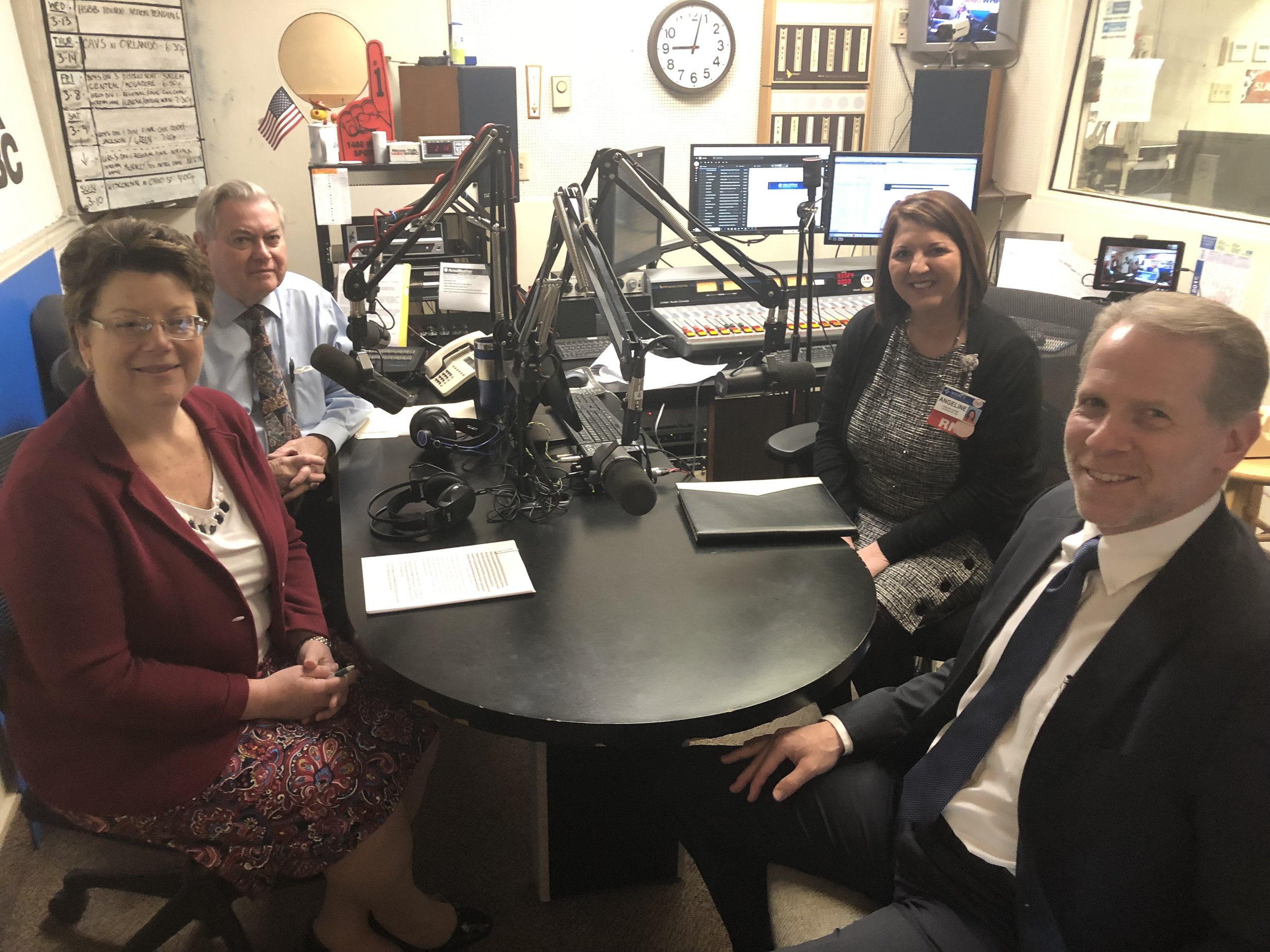
Health Matters is a weekly radio show sponsored by the Medicine Center Pharmacy on WHBC 1480 AM in Canton, Ohio. This episode pharmacists Brad White and Paul White discuss Remote Learning , Language, Literacy and Health and Wellbeing for the entire family.